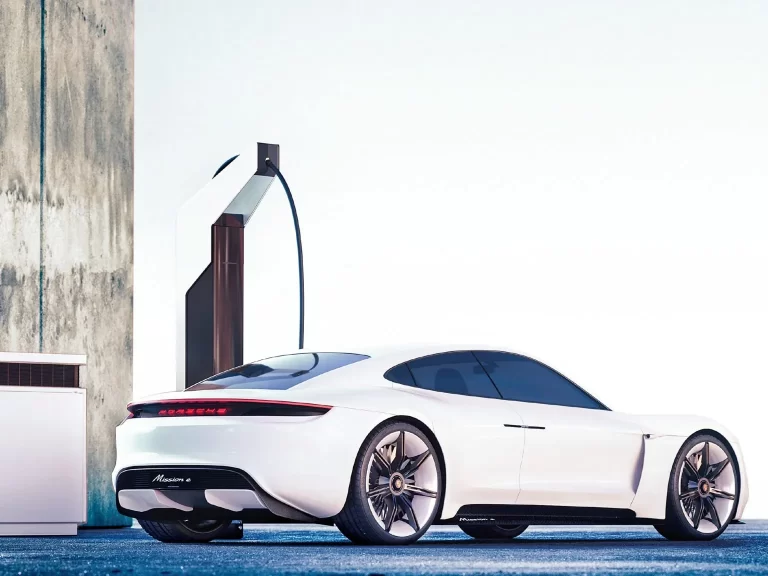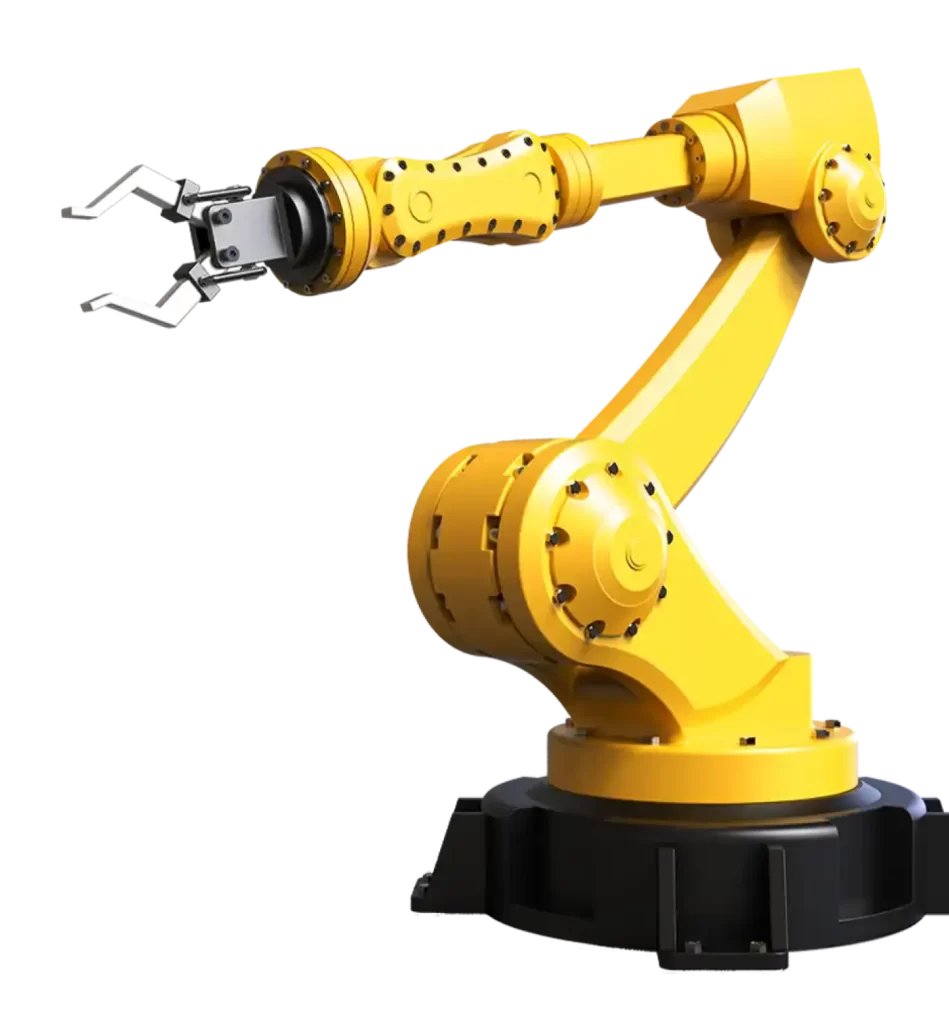With vaccine rollouts gathering pace we now appear to truly be in the beginning of the end of the pandemic. At this juncture, it is worth bearing in mind the capacity of humankind to address the gravest of crises, for countries to work in harmony and to produce a solution. It is an inspiring thought and one that fuels excitement at what lies on the near horizon. Chief among these are Smart Cities.
Smart Cities is a notion that has lent itself to futuristic sci-fi utopias over the years, yet it is an idea that is fast becoming a reality in this decade. At the general level a Smart City is an urban environment that uses ICT and other technologies to raise the levels of performance and render the day-to-day operations of city-living more efficient. At the heart of this theory is the improving the quality of services will improve the quality of life of the Smart City’s inhabitants. The smartness of the city is predicated on improving the living standards of urbanites through its economic and social and environmental aspects. Of these three aspects, it is the environmental potential – making cities ‘greener’ – that is likely to become a reality over the next two decades.
At the core of the architecture of an environmentally conscious Smart City are electric vehicles, or EVs, and the infrastructure supporting them. The move from petrol fueled vehicles to electric ones has so far had slow progress. Price parity and overall quality of the electric vehicles compared to their petrol cousins have, until recently, been far below the necessary level in order to actually compete. But the landscape is changing and changing fast.

By 2022 there will be over 500 different EV models available globally so the greater supply will be able to match the growing demand. Falling battery prices and improvement to energy density, as well as better access to charging infrastructures means that the price of EVs is set to continue falling and reach price parity with petrol fuelled cars by the mid 2020s. Currently there are about 8.5 million electric vehicles – a figure forecasted to rise to 116 million over the next ten years. In terms of passenger EV sales that translates into a rise from 1.7 million in 2020 to 26 million by 2030 and to further double over the following decade. The market potential is therefore significant.
This surge in the EV market is due to a series of factors working in concert across government regulation, the private sector, as well as improvements in the technologies used in EVs such as batteries. Across the EU and USA policy regulatory framework are being tilted towards lower emissions. This in turn is encouraging the private sector to step up and match the pace and attitudes towards the fast development of this industry. And the potential for the climate is enormous – EVs could reduce C02 emissions by 2.57 Gt a year by 2040.
San Francisco is renowned worldwide as the ‘greenest’ city in the world. As an example of a Smart City, it includes smart transportation, smart energy and smart community as the main components that serve its citizens. At the global level, China and the EU are estimated to have 25% of the total EV share by 2030. The implication for the still fossil-fuel dependent Middle East is clear: either they must adapt fast to the changing transport and car market or risk being left behind by other regions. The UAE is currently leading this adaptation through a two-pronged strategy: investing in EV infrastructure as part of developing Dubai and Abu Dhabi as Smart Cities as well as providing financial incentives through regulation to encourage more EV drivers. Across the whole UAE in fact there are initiatives ranging from charging stations to incorporating EVs into waste management or transport fleets. In neighbouring Saudi Arabia, the kingdom is beginning to make efforts in a similar direction – promising to have 5% of its parking spaces reserved for EVs – as part of its efforts to reduce its carbon footprint. Yet this is arguably too small a gesture and more can be done.
It stands to reason that the Saudi government’s plans to transform Jeddah, Riyadh and Neom into the cities of future, or Smart Cities, can and ought to be integrated with strategies to promote EV infrastructures. The potential for such an integration is massive and the numbers show that it would benefit all sectors of society. At Desert Technologies, we are committed to making durable, affordable and renewable energy an accessible option for developing people’s power demands. Like the core ethos of Smart Cities, dt promotes a sustainable way of living and one which betters the quality of life. As both solar PV modules and EVs become more mainstream dt is excited to work towards making the Smart City of tomorrow today’s reality.

